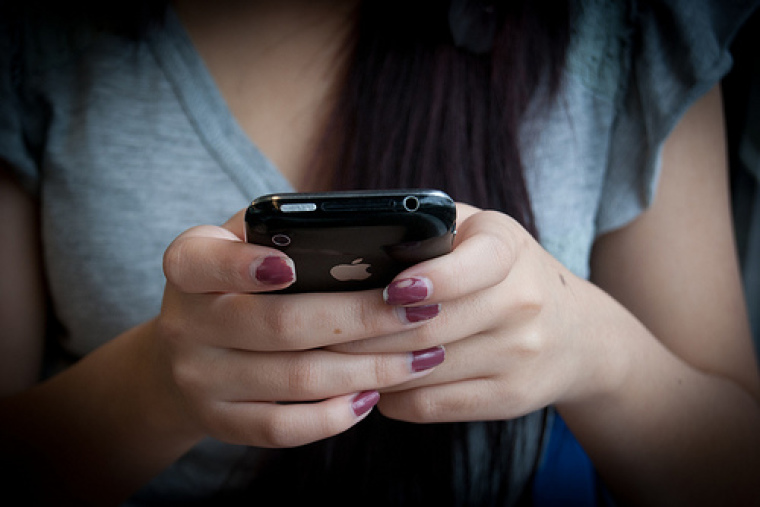

Recent studies have found Smartphones are among the things that eat up much of people's relaxation time and decrease quality time.
"The high-frequency cell phone user may not have the leisure skills necessary to creatively fill their free time with intrinsically rewarding activities," says Kent State University's Dr. Andrew Lepp. He added that the accessibility of Smartphones provide easy, "but less satisfying and more stressful" tools in killing boredom.
Dr. Lepp worked with a team and involved the participation of a 454-man group of undergraduates. They counted each of their total daily usage of Smartphones and evaluated their ideas of leisure and personalities. The students were then divided into groups according to similarities in personality and time invested in using their gadgets.
Eventually, they observed that three distinctive categories began to take shape.
These user types included low-use introvert cluster, low-use extrovert cluster and the last one is the high-use cluster, who are use Smartphones more than 10 hours in a day.
The last group comprises approximately 25% of the entire sample and experience considerable amount of anxiety and stress during rest hours compared to the other groups.
This group type is composed of people who feel obliged to use the phone other than its original purpose.
In the long run, using a Smartphone for a longer time changes its purpose from 'useful' and 'enjoyable' into a more 'stressful' experience.
This means being glued to a Smartphone may not help improve man's quality of leisure. Disconnecting every now and then may provide more beneficial opportunities which may offer more satisfaction during relaxation periods.